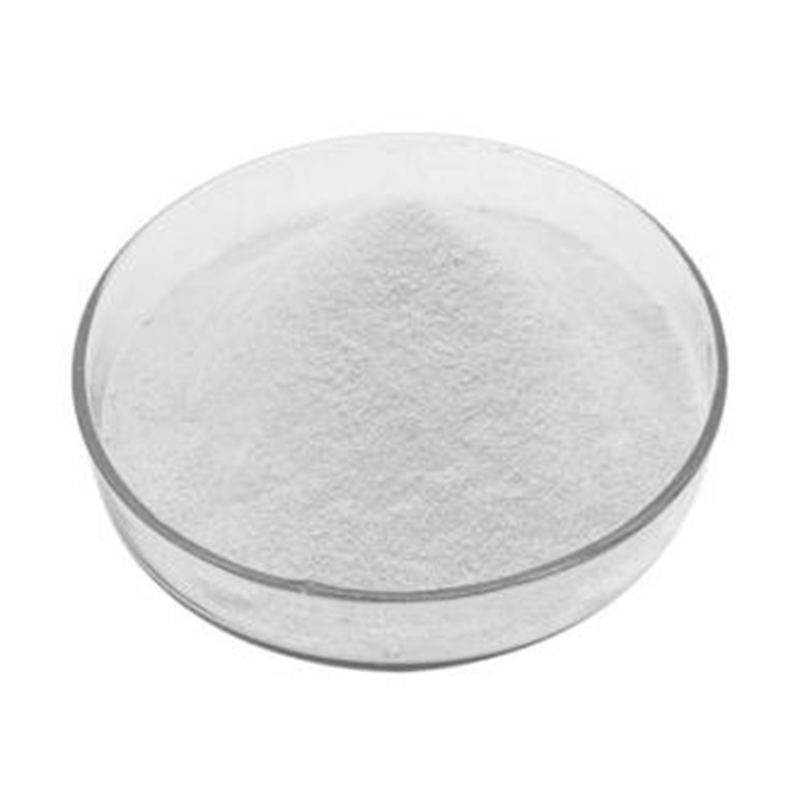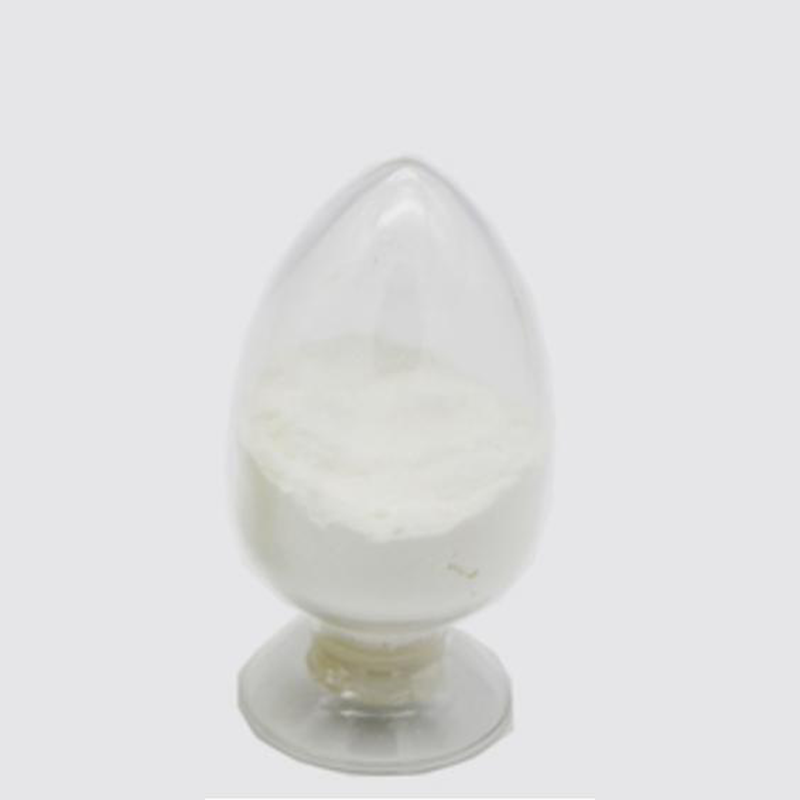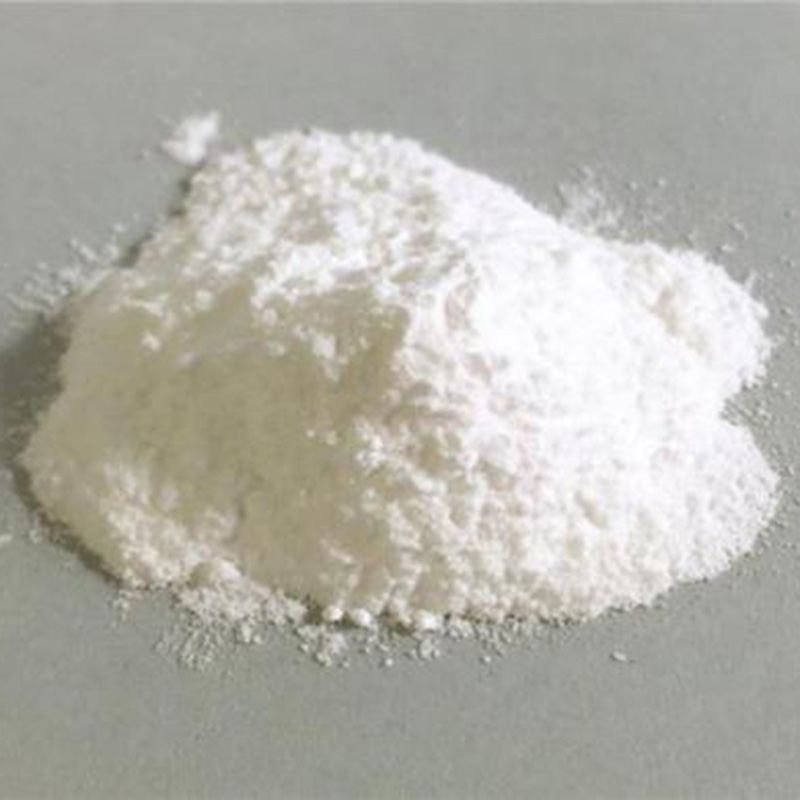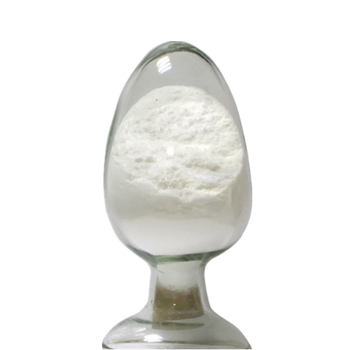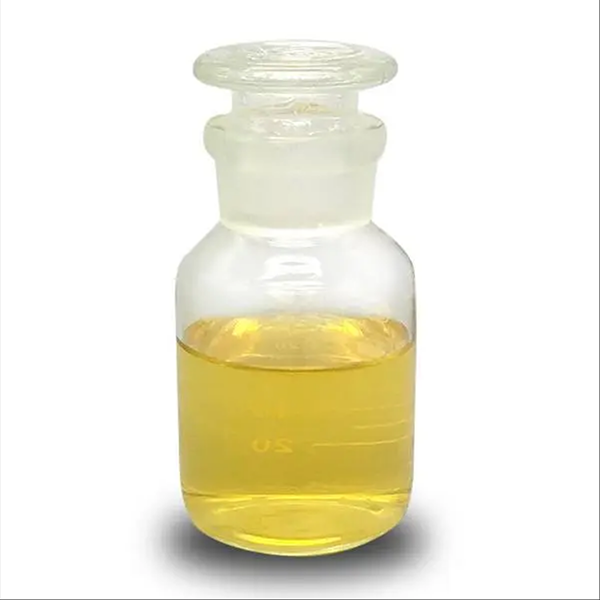Difenoconazole triazole broad-spectrum fungicide for crop protection
Product description
Difenoconazole is a kind of triazole-type fungicide. It is a fungicide with broad-range activity, protecting yield and quality by foliar application or seed treatment. It takes effect through acting as the inhibitor of sterol 14α-demethylase, blocking the biosynthesis of sterol. Through inhibiting the sterol biosynthesis process, it inhibits the mycelia growth and germination of pathogens by spores, ultimately suppressing the proliferation of fungi. Difenoconazole has been extensively used in a wide range of crops in many countries due to its ability to control various fungal diseases. It is also one of the most important and widely-used pesticides for disease control in rice. It provides long-lasting and curative activity against Ascomycetes, Basidiomycetes and Deuteromycetes. It is used against disease complexes in grapes, pome fruit, stone fruit, potatoes, sugar beet, oilseed rape, banana, ornamentals and various vegetable crops. It is also used as a seed treatment against a range of pathogens in wheat and barley. In wheat, early foliar applications at growth stages 29-42 might cause, in certain circumstances, chlorotic spotting of leaves, but this has no effect on yield.
There is limited published information on the metabolism of difenoconazole. It is slowly dissipated in soils, and metabolism in plants involves rupture of the triazole linkage or oxidation of the phenyl ring followed by conjugation.
Environmental Fate:
Animals: after oral administration, difenoconazole was rapidly eliminated practically to entirety, with urine and faeces. Residues in tissues were not significant and there was no evidence for accumulation. Although potentially a mobile molecule it is unlikely to leach due to its low aqueous solubility. It does however have potential for particle bound transport. It is slightly volatile, persistent in soil and in the aquatic environment. There are some concerns regarding its potential for bioaccumulation. It is moderately toxic to humans, mammals, birds and most aquatic organisms.

